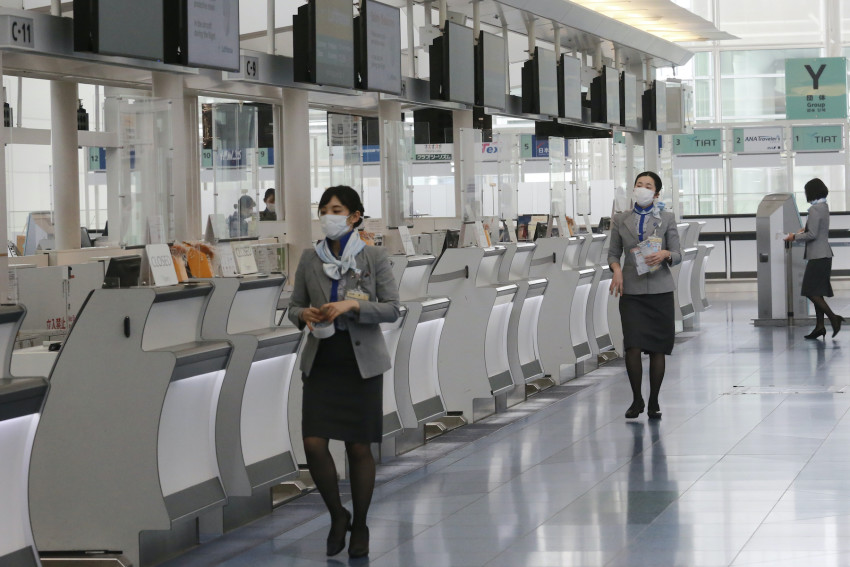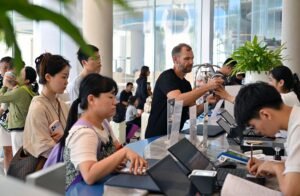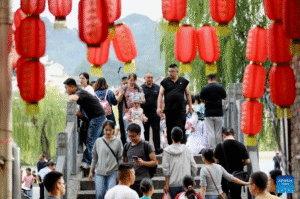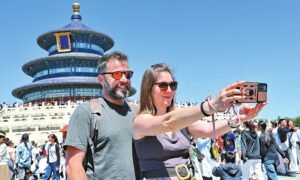Japan halts new arrivals from around world, suspends Go To Travel campaign

Japan on Monday ( Dec 28) suspended new entries into the country by nonresident foreign nationals arriving from most of the world through late January as it seeks to prevent the spread of the new, potentially more transmissible coronavirus variant.
The government will also require Japanese citizens and foreign residents coming from countries and territories where the new variant is confirmed to submit negative virus test results within 72 hours of departure and undergo tests upon arrival from Wednesday through the end of January.
The new virus strain, first detected in Britain, has since been confirmed in more than 20 countries as well as in Hong Kong.
Businesspeople and students from 10 Asian nations such as mainland China and South Korea plus Taiwan, with which Japan has a special scheme to ease travel restrictions, are not affected by the latest measure.
Starting late last week, Japan banned new entries by nonresident foreign nationals who have recently been to Britain and South Africa, where another new variant has been detected.
British health officials have said the new strain, first detected in September, could be up to 70 percent more transmissible but there was no evidence of it being deadlier or capable of evading immunity induced by vaccines.
Prime Minister Yoshihide Suga told reporters Monday that the government implemented the new arrival restrictions to “protect our citizen’s lives and livelihoods, by taking measures in advance” to forestall the spread of the new virus strain.
He also said that response to the new variant was the same as to the original COVID-19 virus and called for people to wash hands, put masks on, and to hold New Year’s celebration “quietly.”
Suga reiterated the government plan to submit a bill to parliament early next year to revise the existing special law for combating the virus. The legislation is aimed at compensating restaurants, bars, and other eateries following requests to adopt shorter hours and penalizing those that do not comply.
In Japan, eight people have so far been confirmed to be infected with the variant detected in Britain. They include an airline pilot who returned from London on Dec 16 and a woman in his family who has no history of recently visiting Britain.
On Sunday, the health ministry confirmed a Tokyo woman in her 50s who returned from Britain on Dec 13 has been infected with the variant. She has been hospitalized since last Tuesday and no one had close contact with her.
While Japan had been slowly opening up to international travel as it seeks to repair its battered economy and prepare for the rescheduled Olympics next summer, it shifted back toward tightening its borders as the medical system has been significantly strained by a spike in the number of coronavirus cases.
Japan confirmed a record 3,881 coronavirus cases on Saturday.
In an effort to prevent the pandemic from further straining hospitals’ ability to treat COVID-19 patients during the New Year holidays, when there are usually fewer medical personnel on duty, the government also expanded Monday its suspension of its Go To Travel tourism promotion campaign across the country through Jan 11.
The scheme, subsidizing up to half of people’s travel expenses, had already been halted for trips to Tokyo, Nagoya, Osaka, Hiroshima and Sapporo, which have seen a notable increase in infections. It was originally launched in July to help the country’s tourism industry hit hard by the pandemic.
The nationwide halt of the campaign is estimated to cause a loss of 318.7 billion yen ($3.08 billion) in potential spending through Jan. 3, with the nation observing a 73 percent drop in the number of travelers from last year due to the pandemic, according to JTB Tourism Research and Consulting Co.
Adventure Inc., the operator of travel reservation website Skyticket, said about 4,000 of the roughly 6,000 reservations made for the suspended period have been canceled since Dec 14.
The government will cover 50 percent of the losses sustained by travel agencies and hotel operators.
Local tourism operators have expressed concern about the double-whammy impact of the country’s tighter border restrictions and halt of the “Go To Travel” campaign.
“We can’t expect foreign tourists to come, and with the extended suspension of the ‘Go To Travel’ promotion we can’t be sure about how we will be affected,” said Shunichi Kobayashi, 73, who runs a ski resort in Sapporo on the northernmost main island of Hokkaido.
Japan’s ancient capital Kyoto, another popular tourist draw, was also affected, with Kiyotaka Fujiki, an 82-year-old souvenir shop manager saying he expects sales during the New Year holiday season to be less than 10 percent of that seen in normal years. Source : KYODO
Image : Ground crew walk in the departure lobby of Haneda International Airport in Tokyo on Dec . 28 , 2020 . Photo: AP/Koji Sasahara
Dec. 28 , 2020














